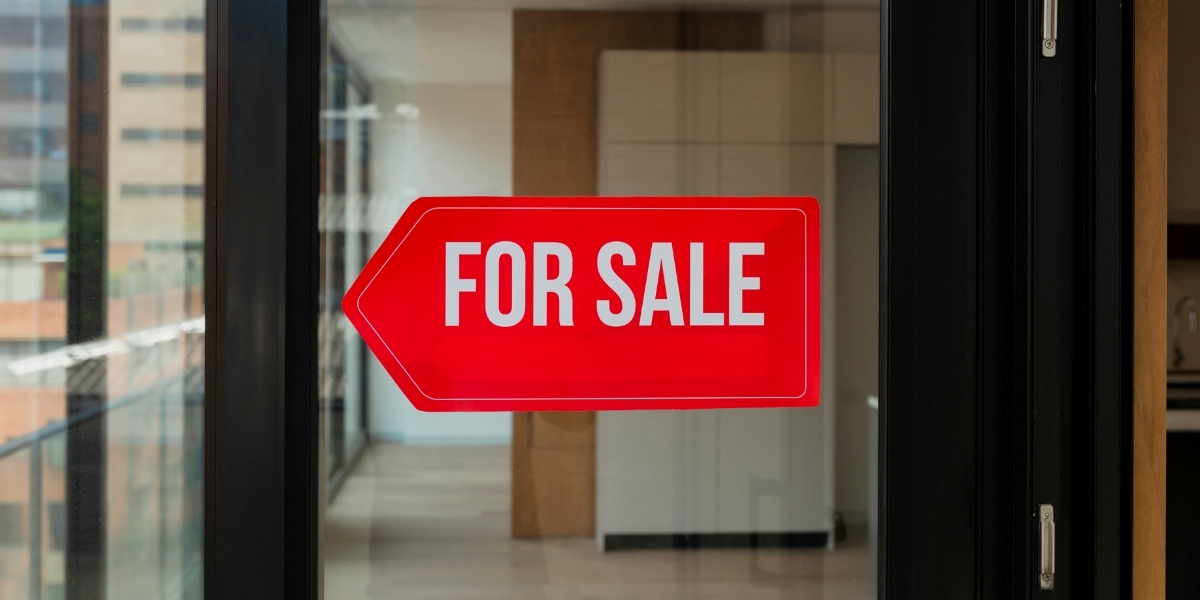Sick leaves are a crucial component of employee well-being and productivity, and this is equally true for top executives. CEOs often face immense pressure to maintain their presence and performance, sometimes at the cost of their health. However, taking sick leave is essential for various reasons. This article delves into why sick leaves are important, even for CEOs, highlighting the benefits for both the individual and the organization.
The Importance of Sick Leaves
Sick leaves are fundamental for maintaining health and well-being. For CEOs, who are often under constant stress, taking time off to recover from illness is crucial. Prolonged stress and inadequate rest can lead to severe health issues, including heart disease, hypertension, and mental health disorders. By taking sick leave, CEOs can recover more effectively, reducing the risk of long-term health problems.
Burnout is a significant issue among high-level executives. The relentless demands of leading a company can lead to physical and mental exhaustion. Sick leaves provide an opportunity to rest and recuperate, helping to prevent burnout. By taking time off when needed, CEOs can return to work more energized and with a clearer mind, which is beneficial for their decision-making abilities and overall performance.
Organizational Benefits
Contrary to the belief that taking time off hampers productivity, sick leaves can actually enhance it. When CEOs take sick leave to recover fully, they are more likely to return to work with greater efficiency and focus. This, in turn, sets a positive example for the rest of the organization, encouraging a culture where health is prioritized, leading to overall higher productivity levels.
Health significantly impacts cognitive functions such as decision making, problem-solving, and critical thinking. A CEO who is unwell may not be able to perform these functions optimally. Taking sick leave allows CEOs to recover and return to their role with a refreshed perspective, thereby making better and more informed decisions for the company.
Setting a Positive Example
When CEOs take sick leave, it sends a strong message to the rest of the organization about the importance of health. It promotes a culture where taking care of oneself is prioritized, and employees feel more comfortable taking the time they need to recover from illnesses. This can lead to lower absenteeism and a healthier, more motivated workforce.
CEOs who take sick leave demonstrate the importance of work-life balance. This sets a precedent for other employees, showing that it is acceptable to take time off when needed. Encouraging a healthy work-life balance can lead to higher job satisfaction, reduced turnover, and a more positive work environment.
Legal and Ethical Considerations
Providing sick leave is not just a health issue but also a legal requirement in many jurisdictions. Ensuring that CEOs take their entitled sick leave helps organizations comply with labor laws and avoid potential legal issues. It also reflects a commitment to ethical practices and employee welfare.
CEOs who take sick leave when necessary embody ethical leadership. They demonstrate that they value their health and well-being, as well as that of their employees. This ethical stance can enhance the company’s reputation and build trust among stakeholders, including employees, customers, and investors.
Addressing Common Misconceptions
A common misconception is that CEOs cannot afford to take time off due to their responsibilities. However, delegating tasks and empowering other executives can ensure continuity in the CEO’s absence. Effective delegation and a strong leadership team can handle the workload, allowing the CEO to take necessary sick leave without compromising the company’s operations.
Another misconception is that taking sick leave is a sign of weakness, especially for CEOs. On the contrary, recognizing the need for rest and recovery is a sign of strength and self-awareness. It shows that the CEO is capable of prioritizing their health to ensure they can lead effectively in the long run.
Sick leaves are essential for everyone, including CEOs. They are crucial for maintaining health and well-being, preventing burnout, and enhancing productivity. For organizations, having a healthy CEO can lead to better decision-making, a positive work culture, and compliance with legal and ethical standards. Addressing misconceptions about sick leave is vital to encourage a healthier, more sustainable approach to leadership. Ultimately, recognizing the importance of sick leave can lead to a more resilient and successful organization.









